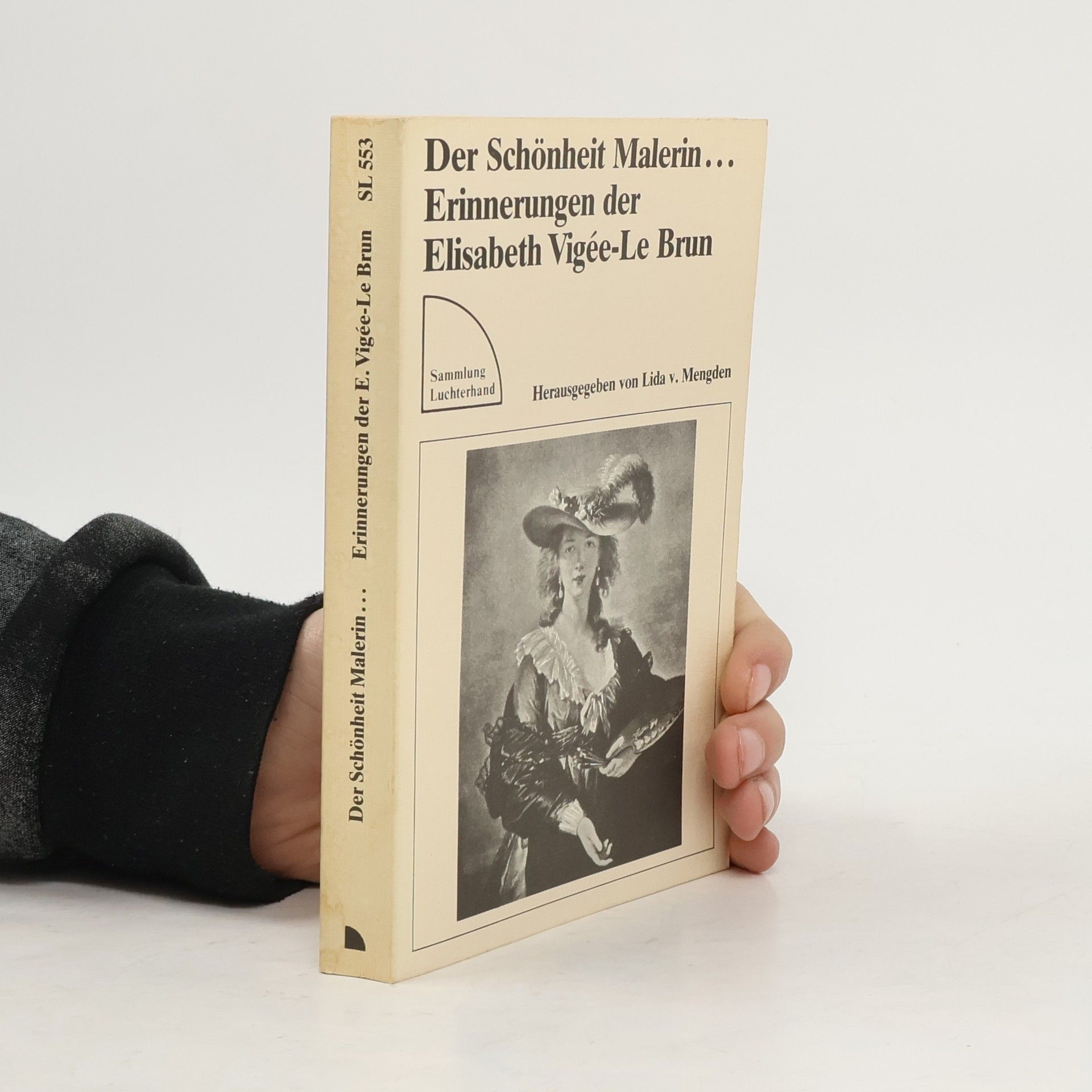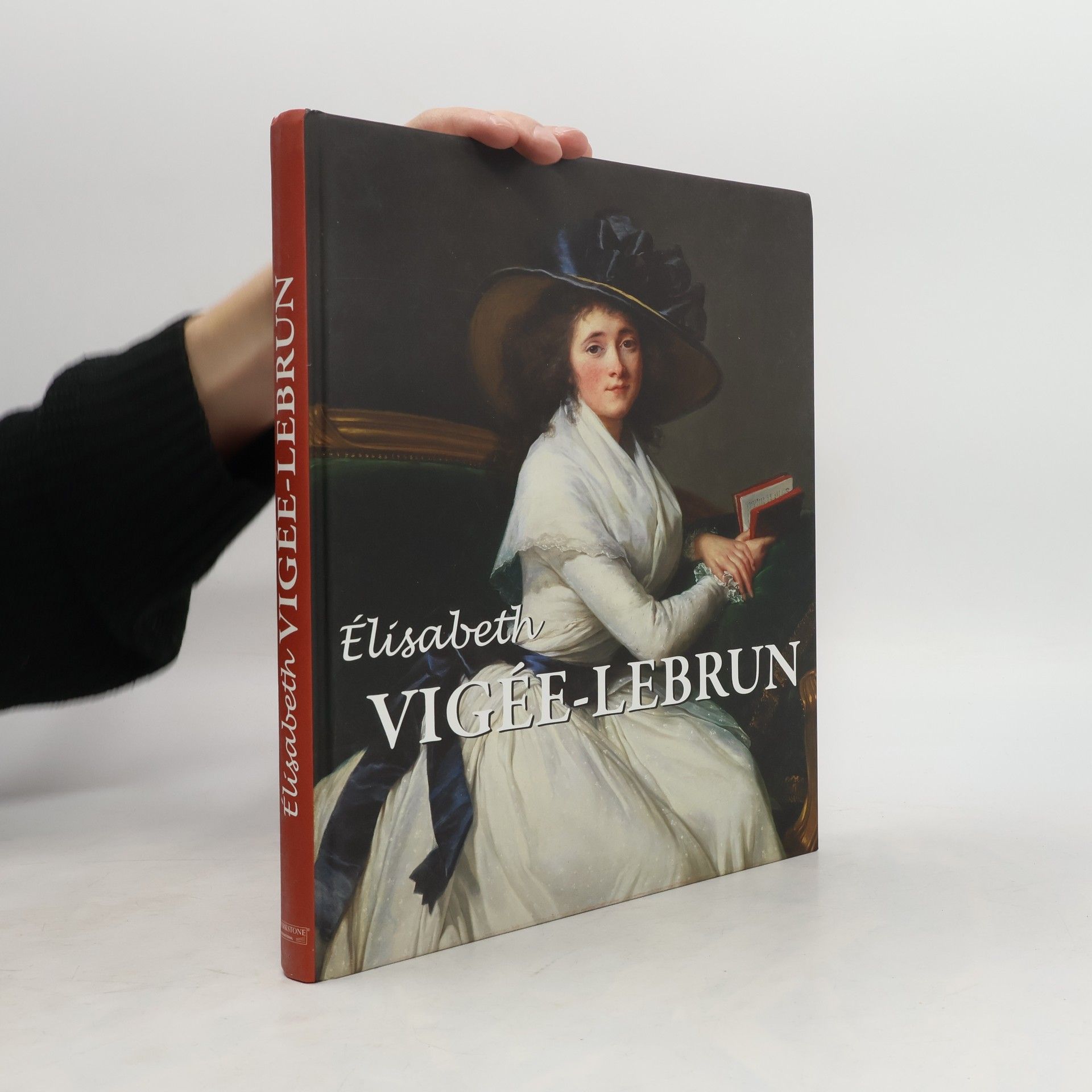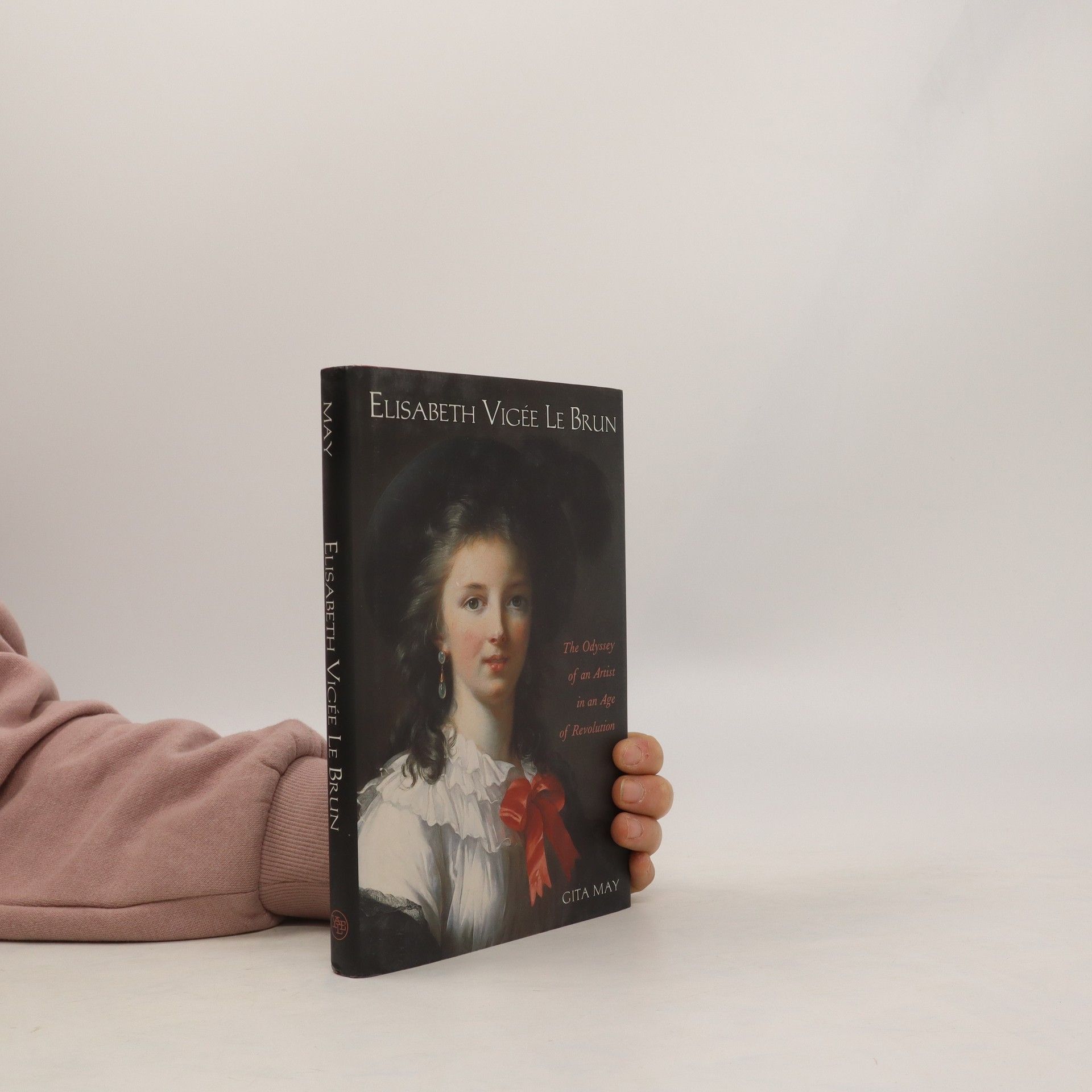Souvenirs of Madame Vigee Le Brun
- 410 pages
- 15 hours of reading
Louise Elisabeth Vigee Le Brun (Marie Elisabeth Louise, 1755-1842) was a French painter and the most famous female painter of the 18th century. Her memoirs provide an interesting view of the training of artists at the end of the period dominated by royal academies."



